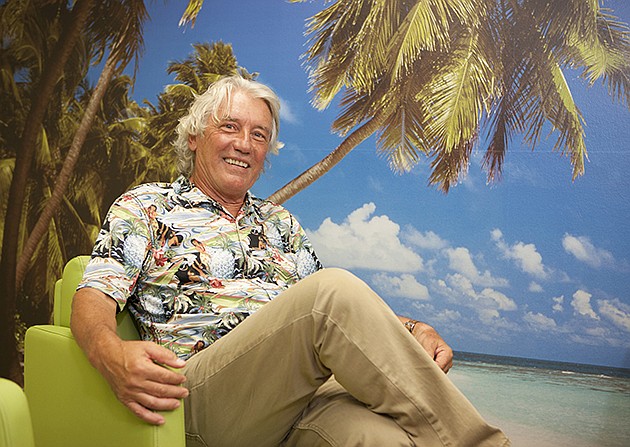- December 13, 2025
-
-
Loading

Loading

Armed with only an expired passport and cross-country skis, Boris Miksic made a daring escape from his homeland, Croatia, in early 1974.
Miksic, who joined fellow college students in anti-communist protests against Yugoslavia, the ruling republic over Croatia, skied his way to freedom in Austria. The biggest delay: avoiding landmines.
Once in Austria, Miksic reunited with his then-pregnant wife, Olga, who also fled Croatia. The couple sold their car for $400 in Austria, money they used for one-way plane tickets to the United States.
They had $37 left after paying for the tickets.
Those were the early days of what has since become a 40-year business odyssey that's taken Miksic from New York to Minnesota to Manatee County. There was also the stop along the way to run for president for Croatia.